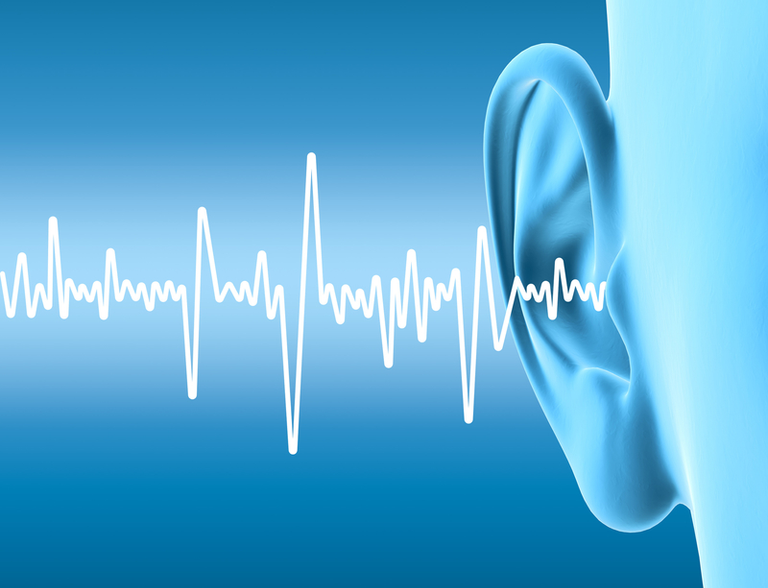A sedentary lifestyle reduces our ability to form new memories

Researchers confirm the impact of sedentary behaviour on a critical brain region linked to memory
Researchers have found that a large number of hours spent sitting are linked to thinning of the medial temporal lobe of the brain. Such thinning may be a precursor to cognitive decline and dementia in middle-aged and older adults.
Source: http://newsroom.ucla.edu/releases/researchers-link-sedentary-behavior-to-thinning-in-brain-region-critical-for-memory
Sitting too long is linked to changes in a section of the brain that is critical for memory, according to a preliminary study of middle-aged and older adults by UCLA researchers.
Studies show that, like smoking, sitting too much increases the risk of heart disease, diabetes and premature death. The UCLA researchers wanted to see how sedentary behaviour affects brain health, particularly those areas of the brain that are critical to memory formation.
This article is available to you for free. Please support us by liking our Facebook page.
The UCLA researchers recruited 35 people aged 45 to 75 - 25 women and 10 men - and asked about their physical activity levels and average number of hours spent per day in the previous week. Each person underwent a high-resolution MRI scan, which provides a detailed picture of the medial temporal lobe, a region of the brain involved in forming new memories.
The researchers found that sedentary behaviour is a significant predictor of medial temporal lobe thinning and that physical activity, even at high levels, is insufficient to offset the adverse effects of sitting for long periods.
The researchers then hope to follow a group of people for a longer period of time to determine whether sitting causes thinning and what role gender, race and weight might play in sitting-related brain health.
Medial temporal lobe thinning may be a precursor to cognitive decline and dementia in middle-aged and older adults. Reducing sedentary behaviour may be a possible target for strategies to improve brain health in people at risk of developing Alzheimer's disease, the researchers say.
The Tomatis® Method is good for your brain!
This study shows us that regular physical and motor activity is necessary for the successful integration of new information, but is not sufficient in itself. This is why, by combining a 13-day listening session under electronic ear with creative motor activities, we intensively stimulate the regions of the brain linked to memory, and make it possible to act durably on the following problems
- For children: a lack of interest in new learning, poor memory, difficulty in staying focused.
- For adults: difficulty in learning new things, demotivation, discouragement, a lapse in concentration.
- For middle-aged and elderly adults: preventing age-related cognitive decline, maintaining a zest for life.
Would you like to try the method? Contact our consultant for a free initial appointment on +41 22 519 00 11
The authors of the study
Prabha Siddarth, a biostatistician at the Semel Institute for Neuroscience and Human Behavior at UCLA, is the first author of the study. Dr. David Merrill, a geriatric psychiatrist and assistant clinical professor of psychiatry and biobehavioral sciences at UCLA, is the study's lead author. The other authors are Alison Burggren and Gary Small, both of UCLA, and Harris Eyre of the University of Adelaide, Australia.
Leigh Hopper | 16 April 2018 / Translated by Julien Frère + Google translate 9 May 2018
Link to study results: http://journals.plos.org/plosone/article?id=10.1371/journal.pone.0195549
This article is made available to you for free. Please support us by liking our Facebook page.



